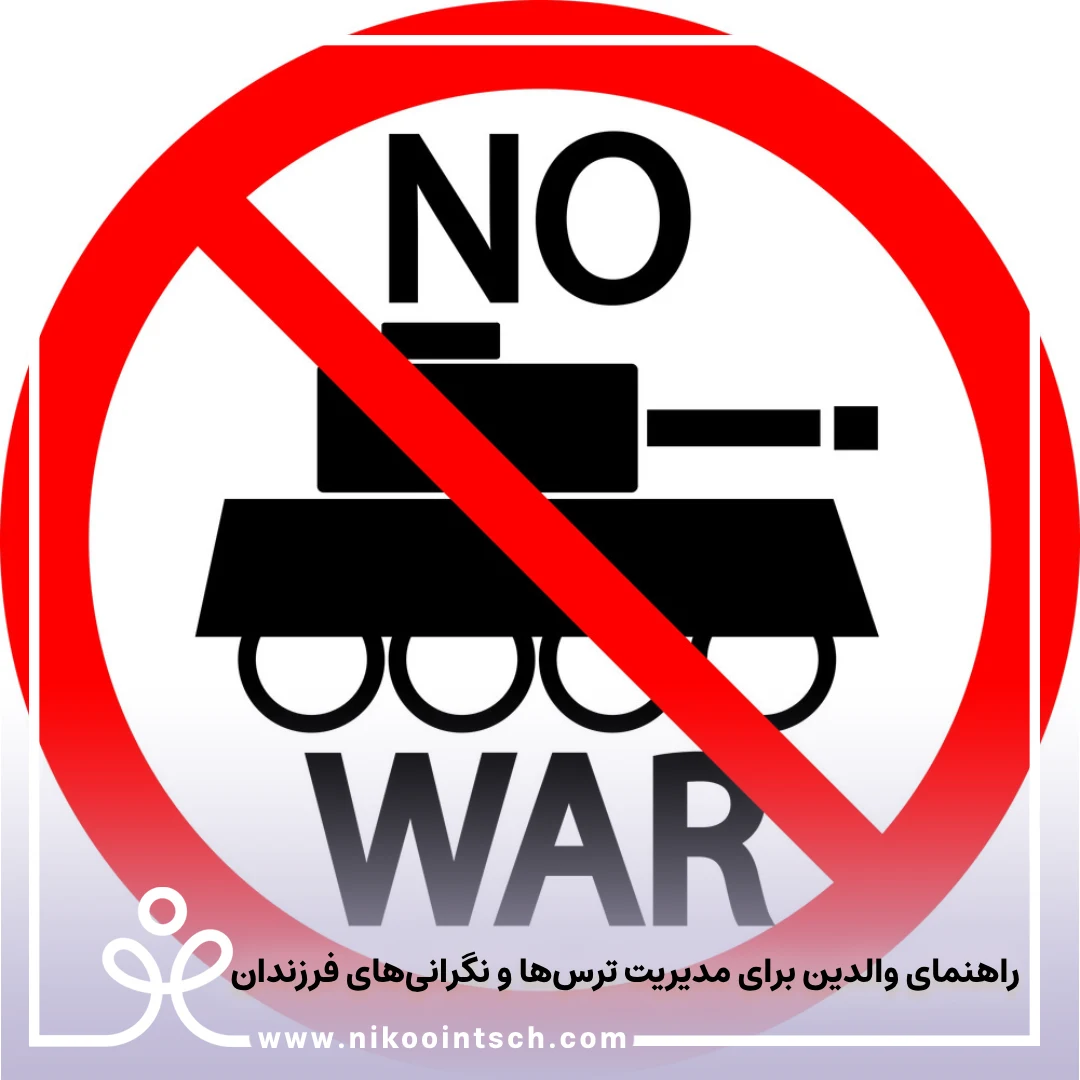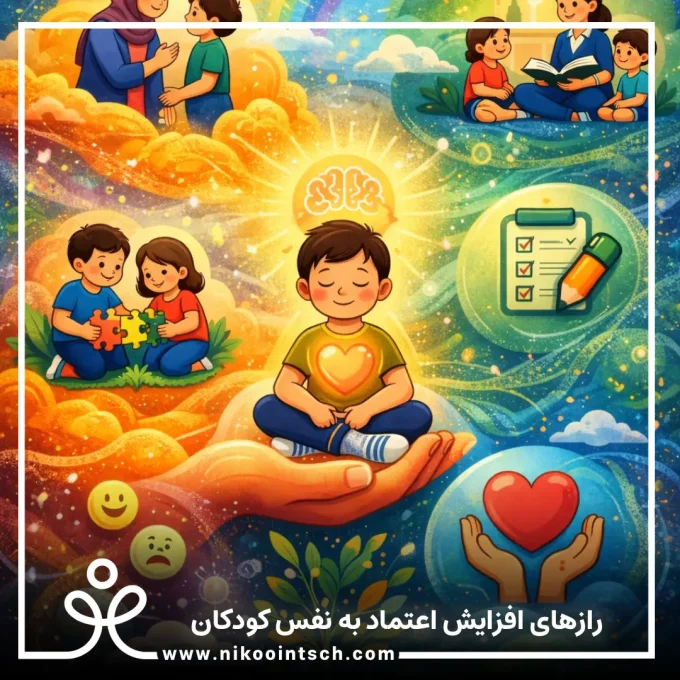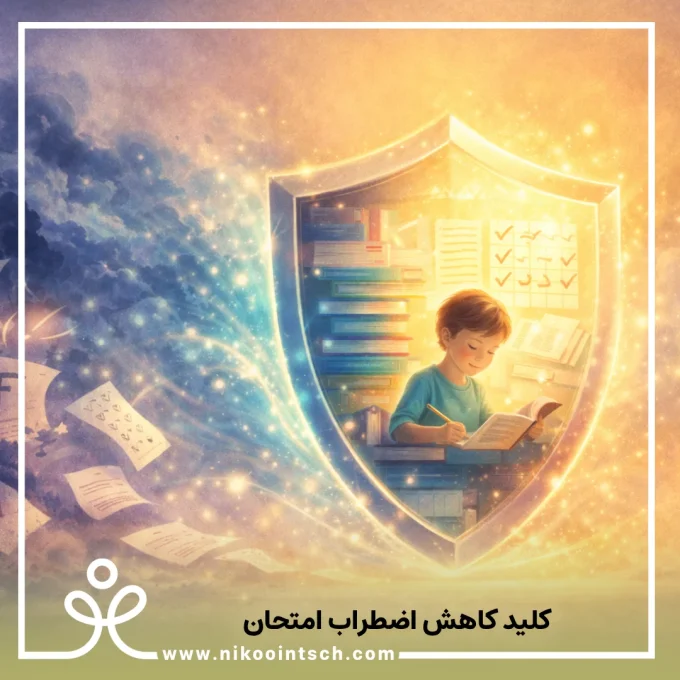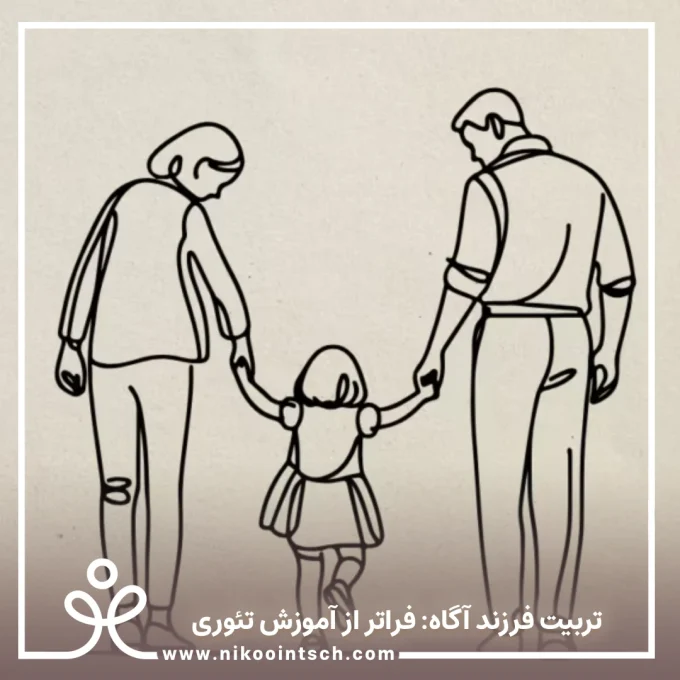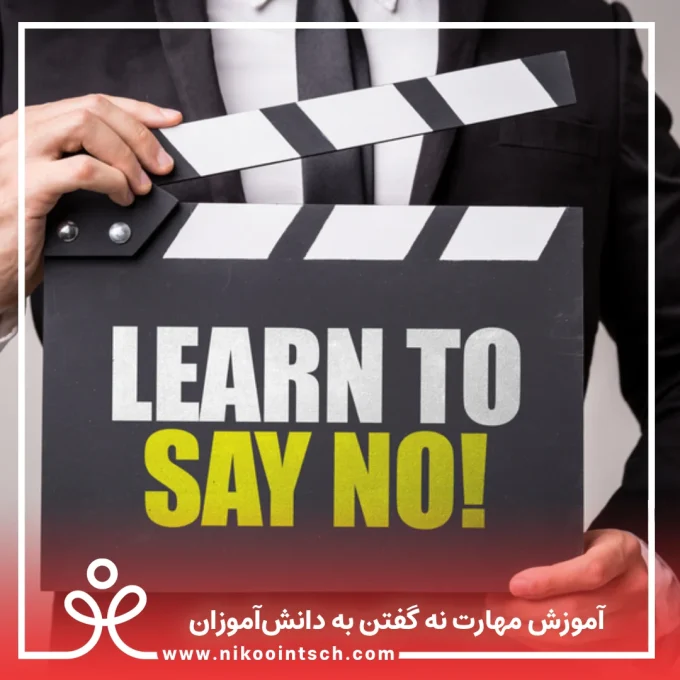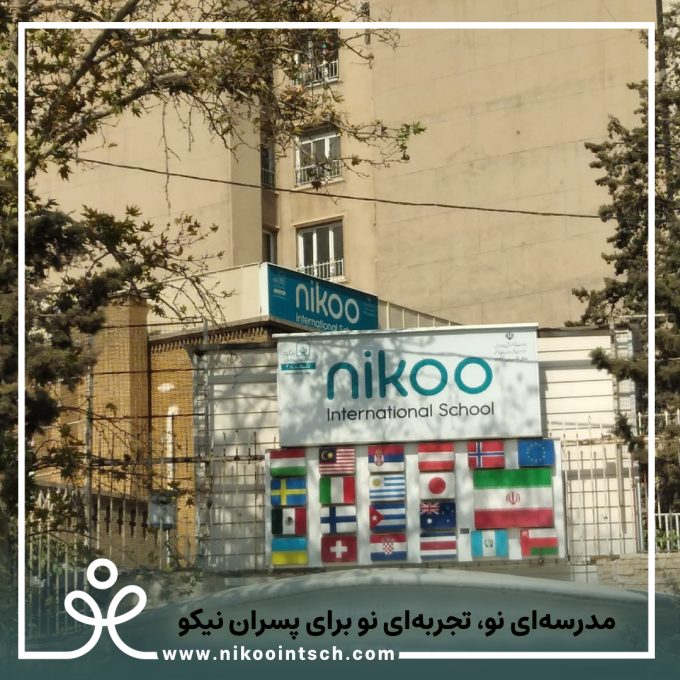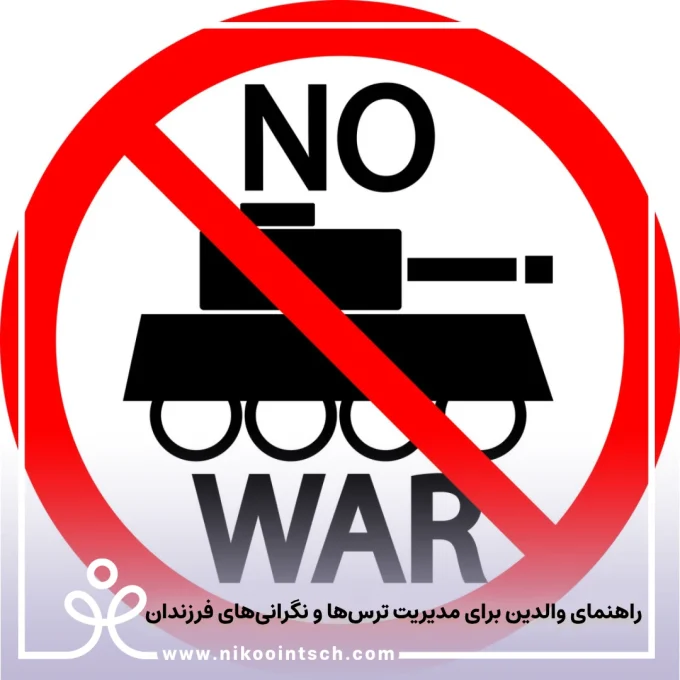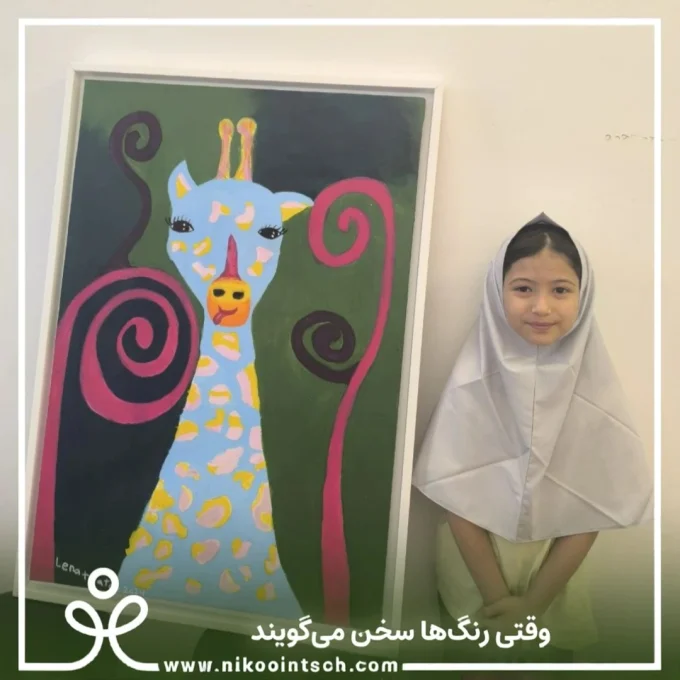✍🏻 Mahya Mohammadali
High School Girls’ Counselor
Nikoo International School
How to Talk to Teenagers About War in Times of Tension?
In a world filled with tension and distressing news, even adults may find discussions about war anxiety-inducing—let alone children and teenagers. Yet, in such circumstances, silence or avoidance can often lead to more serious psychological harm. As a counselor, I believe it is our responsibility to talk about how to deal with security crises such as war and offer families guidance on supporting their children.
Why Should We Talk to Teenagers About War?
Contrary to what some parents may believe, children and teenagers are often far more aware of the news than we imagine. They are exposed to social media, television, and adult conversations. If we don’t speak with them directly, they may receive incomplete or frightening information from other sources.
Parental silence can lead a child’s mind to disturbing interpretations, potentially resulting in anxiety, sleeplessness, nightmares, or even academic decline.
What Does Psychological Preparedness Mean?
Psychological preparedness means that our child understands:
- What is happening,
- How to express their emotions,
- And how to regain a sense of safety within the family or school environment.
We don’t want to scare our children—we want to empower them. That means helping them learn that even in a crisis, they can stay calm, ask for help, and think clearly.
Start the Conversation with a Question
Children often won’t speak unless they feel the environment is safe. Instead of beginning with long explanations, simply ask:
“Sweetheart, have you heard anything at school or online about the current situation or war? What are your thoughts?”
This simple question opens the door to deeper conversations. If your teenager begins to speak, listen more than you respond. Your child needs to feel that their words are taken seriously.
Do Not Dismiss Their Feelings
If a teenager says, “I’m scared” or “I can’t sleep at night,” don’t respond with, “It’s nothing!” or “You’re worrying for no reason!”
These kinds of statements are not helpful—they leave them feeling alone. Instead, say:
“It’s totally natural to feel worried in these circumstances. I get anxious sometimes too, but we’ll get through this together.”
Techniques for Calming Children and Teenagers
- Deep Breathing and Meditation: Exercises such as the 4-7-8 breathing technique (4 seconds inhale, 7 seconds hold, 8 seconds exhale) can significantly reduce anxiety.
- Emotion Drawing: Ask children to draw or write about how they feel. This helps them identify and release unclear emotions.
- Limited News Exposure: Teenagers should follow the news only in the presence of parents and for a limited time. Continuous exposure increases stress.
- Physical Activity: Walking, sports, or even indoor physical games can help restore mental balance.
The Role of School and Counselor During a Crisis
At Nikoo International School, we prioritize creating a psychologically safe environment. When students feel heard and understood by their school, their anxiety decreases.
Moreover, close communication between school and families is essential. We advise parents to consult a counselor or professional if their child shows signs such as insomnia, intense anger, isolation, or academic decline.
In Conclusion…
Our children and teenagers are the future of this country. They deserve to feel safe, calm, and hopeful. It is our duty—not through secrecy or fear—but with honesty, empathy, and teaching mental resilience, to help them face challenges.
While no one wants their child to experience war, psychological preparedness is about planting seeds of resilience, awareness, and calm for potentially difficult days ahead.
